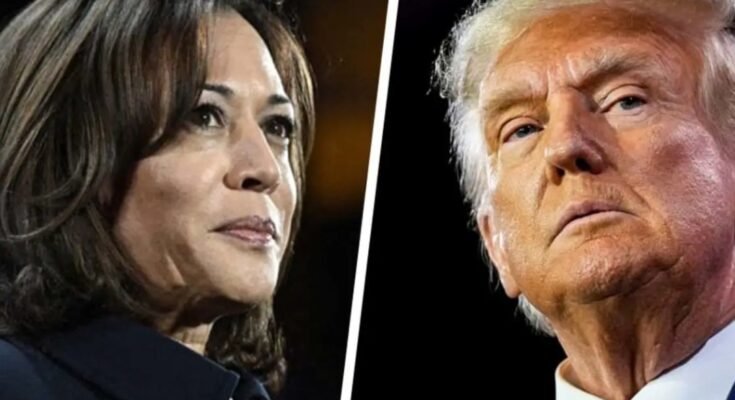Trump and Kamala: The Rift in the Horn of Africa and Possible Outcomes if Trump Returns
The Horn of Africa has been tumultuous and unstable for many decades, and the change in the balance of American politics has brought about major setbacks that have great bearing on the stability of the region. The contrasting approaches toward foreign policy concerning the Horn of Africa by Donald Trump and Kamala Harris might shape the future of that particular region, especially if Trump were to return in 2024.
Trump fundamentally framed foreign affairs throughout his presidency as often bilateral in focus and transactional in style. The administration’s approach to policy in the Horn was largely driven by national security imperatives, efforts related to counter-terrorism, and economic opportunities. This way, the approach included a tough stance on terrorism, most especially from groups like Al-Shabaab in Somalia, and the promotion of stability in countries like Ethiopia and Sudan. Trump’s erratic style and lack of emphasis on multilateral diplomacy often left regional allies unsure if the U.S. committed to long-term stability.
On the contrary, Kamala Harris represents a more conventional approach to diplomacy: her policy is focused on human rights, development assistance, and coalition building across the African continent for economic growth and political stability. This strategy underlines commitments to multilateralism and partnerships with international organizations across a wide array of issues. She has encouraged the U.S. to be more constructive in their relations with African nations, pinpointing that instability’s root causes would have to be dealt with through development projects and democratic governance.
A second Trump term may presage a paradigm shift in the direction of U.S. foreign policy. He may return to his earlier strategies in office, possibly with a reduction in aid and a more militaristic approach to try to counter threats in the region. This shift has the potential to exacerbate the crisis at hand, particularly in Ethiopia, where its civil war has drawn in its neighbors and further complicated the humanitarian crisis. In addition, the Trump administration is likely to pay more attention to relations with the strongmen regimes at the expense of the budding democratic movements in parts of the Horn of Africa.
These divergent policies have deep implications. In the case of a Trump administration, the focus might revert to immediate security concerns, possibly at the expense of longer-term imperatives for development and governance reforms. This might trigger another flare-up of violence and instability, particularly in fragile states. On the contrary, a sustained program under Harris might help to let the creation of a more stable environment take shape; that would go a long way toward promoting peace and development in a region torn apart by decades of war.
Ultimately, the contrast between Trump’s and Harris’s foreign policy philosophies reflects a deeper contestation over what the role of the United States ought to be in world affairs. The Horn of Africa serves as a critical case study in how these varied notions of U.S. leadership can shape international relations, security, and development. With the region facing complex realities of climate change, migration, and conflict, any leading way that comes out of U.S. policymaking will mean a great deal for the future course of millions of people living there.
In a nutshell, the future of the Horn of Africa hangs in the balance between either a comeback by Trump or a consolidation of U.S. foreign policy by Harris. Both trajectories carry unique risks and opportunities that will have long-lasting repercussions for stability and development in the region. The decision to be made by American voters during the next elections may resonate beyond U.S. borders and affect the lives and destinies of people in the Horn of Africa.

